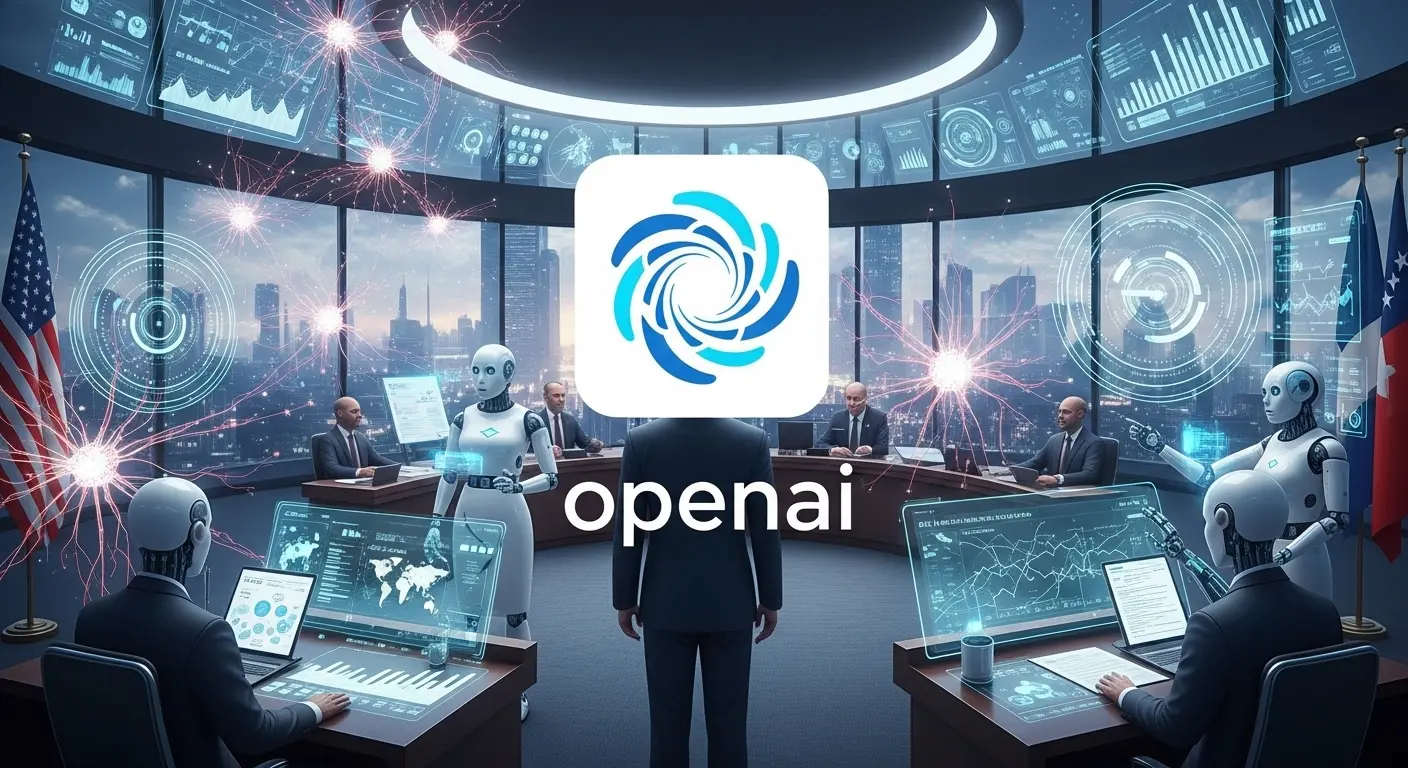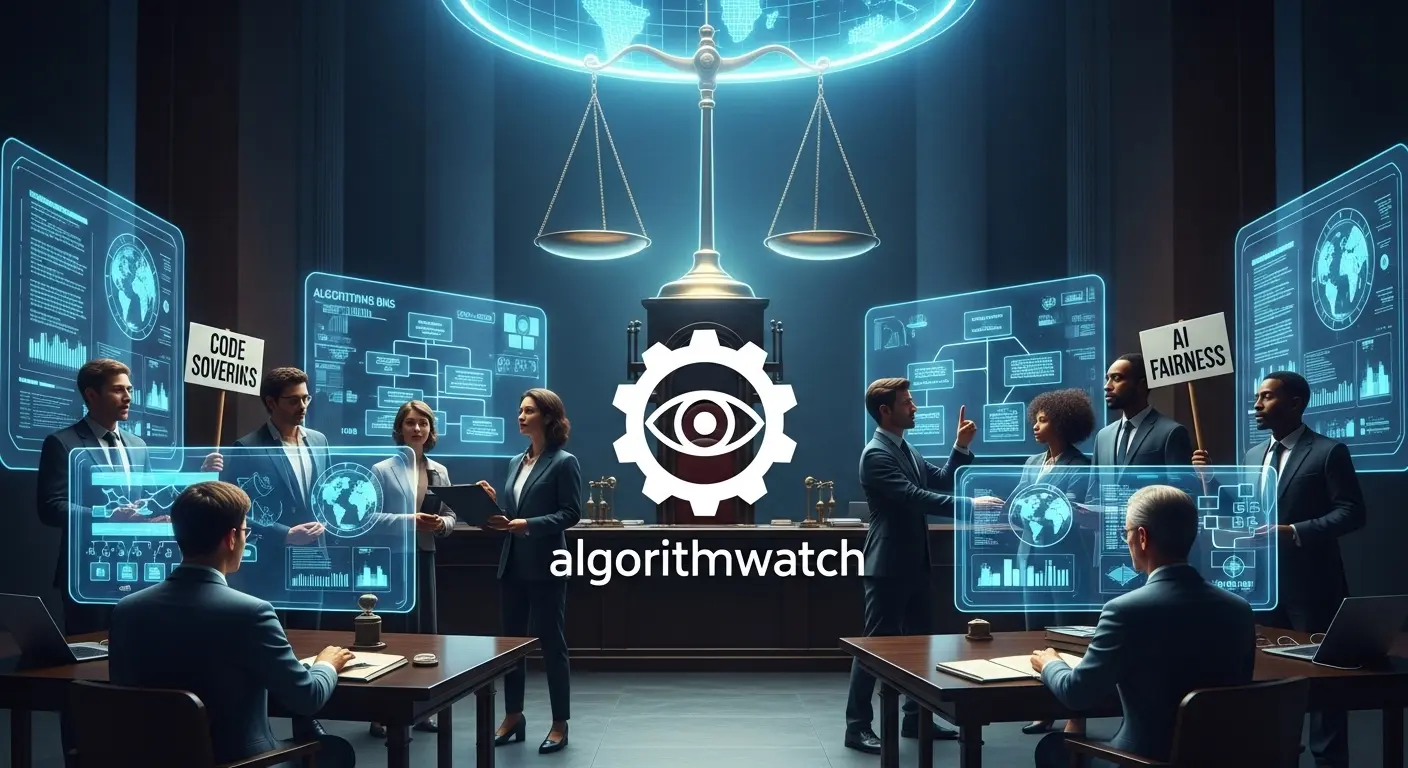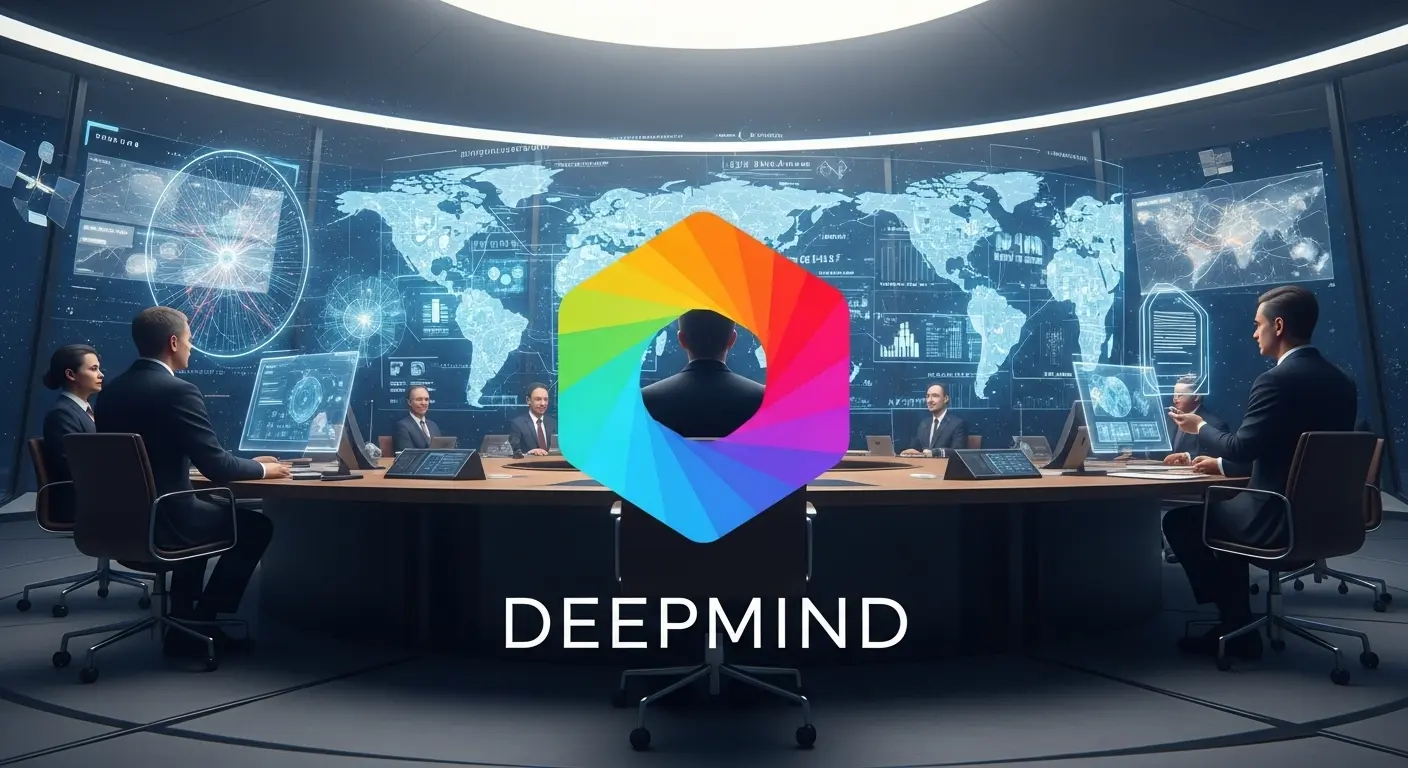How Can AI Change Politic: Future of Governance and Policy

Table of Contents
What if we told you that the future of democracy might be shaped not by party ideologies, but by algorithms? AI is not just transforming industries and revolutionizing healthcare; it’s quietly infiltrating our political systems, nudging us toward a new paradigm of intelligent governance. The big question isn’t whether change is coming—it’s how can AI change politic and what we should do about it.
In this article, we explore how machine learning, data analytics, and intelligent automation are reshaping political decision-making, redefining policy creation, and raising critical ethical and societal questions. Buckle up—because this journey into the future of AI in politics might challenge everything we think we know about governance.
Understanding the Role of Artificial Intelligence in Political Systems
The integration of artificial intelligence into our political systems is more than a tech upgrade—it’s a fundamental transformation of governance. From automating bureaucratic processes to analyzing massive volumes of data for legislative insights, AI is offering tools that could streamline policy-making and enhance democratic participation.
AI in political decision-making is already proving valuable in areas like social services, where predictive analytics help governments allocate resources more effectively. For example, machine learning algorithms can analyze unemployment data to recommend policy adjustments, while chatbots are improving accessibility to civic information.
However, the true potential of AI lies in its ability to reduce human bias, increase transparency, and make political systems more responsive. This shift isn’t just about efficiency—it’s about fostering a more intelligent, inclusive, and equitable form of governance.
AI Transforming Government Operations
Government agencies are leveraging AI to handle routine tasks like processing forms, managing public inquiries, and conducting audits. These applications free up human resources, reduce costs, and speed up services.
- Natural Language Processing (NLP) allows agencies to read and interpret legal documents rapidly.
- Computer vision tools help urban planners monitor infrastructure and traffic.
- AI-driven scheduling optimizes public transportation routes.
In Estonia, one of the most digitally advanced countries, AI algorithms handle citizen requests, tax declarations, and even resolve minor legal disputes—all with remarkable accuracy.
Smart governance technology is not a futuristic concept—it’s a present-day reality. Governments worldwide are beginning to adopt these tools to provide better, faster, and smarter services.
AI in Political Campaigning and Voter Engagement
Political campaigns have historically relied on gut instinct, polling data, and media spin. AI is changing that. With tools that analyze voter sentiment across social media, segment audiences by behavior, and automate outreach strategies, political campaigns are becoming data-driven machines.
- AI voter behavior analysis allows candidates to tailor messages to specific demographics.
- Automated political campaigns use chatbots and personalized emails to maintain engagement.
- AI political analytics track real-time public sentiment to adjust campaign strategies.
One notable example is the use of Cambridge Analytica’s machine learning techniques during the 2016 U.S. presidential election—a controversial yet revealing case of how AI-driven political strategies can influence outcomes.
Ethical Considerations and the Risk of Algorithmic Bias

AI in policing or judicial sentencing, for example, has already shown racial and socioeconomic bias. Transferring this issue into politics could mean policy decisions that unintentionally marginalize communities.
Transparency in AI development and the use of diverse, inclusive datasets are critical to mitigating these risks. The challenge is ensuring these technologies uphold democratic values and do not become tools of surveillance or control.
Automated Policymaking and Predictive Governance
Imagine laws being drafted not by people but by predictive models that simulate social outcomes. Welcome to the realm of automated policymaking.
Using historical data and behavioral trends, AI systems can suggest optimal policies, forecast potential issues, and even flag unintended consequences before a bill is passed. While still experimental, machine learning public policy tools are already aiding in areas like climate change modeling and economic forecasting.
The goal isn’t to replace human legislators, but to augment human judgment with data-backed foresight. This approach could lead to more adaptive, evidence-based laws that better serve public interests.
Artificial Intelligence in Electoral Processes
From digital voting systems to fraud detection and voter ID verification, AI and electoral processes are becoming increasingly intertwined.
- Facial recognition tools can verify identities during online voting.
- AI fraud detection systems help ensure the integrity of election outcomes.
- Voter registration optimization reduces administrative delays and human errors.
However, this integration must be approached with caution. The potential for AI misuse—like deepfakes or misinformation bots—poses serious threats to electoral trust and democratic legitimacy.
Securing AI systems against cyberattacks and ensuring third-party audits of AI tools are essential to maintaining public confidence.
Legislative Reform Powered by AI
With thousands of bills introduced annually, lawmakers often struggle to keep up. AI legislative changes tools can review proposed laws, compare them to existing statutes, and assess their implications.
Legal informatics platforms now employ natural language processing to assist legislators in drafting clearer, conflict-free laws. AI can also monitor judicial trends and public reactions to inform future legislation.
Artificial intelligence political reform isn’t just about creating new laws—it’s about creating better laws, faster and more precisely than before.
AI-Driven International Diplomacy and Security Policy

For instance, AI platforms analyze satellite imagery and open-source intelligence to provide real-time updates on geopolitical developments. AI policy optimization can forecast the impacts of sanctions, trade policies, or military movements with surprising accuracy.
Smart governance technology in this domain promotes proactive diplomacy, enabling world leaders to respond swiftly and strategically to crises.
Case Study Table: Comparing Traditional vs. AI-Augmented Governance
| Area | Traditional Governance | AI-Augmented Governance |
|---|---|---|
| Policy Drafting | Manual, expert-driven | Data-driven, predictive modeling |
| Public Engagement | Town halls, surveys | Real-time sentiment analysis, chatbots |
| Decision Making | Based on intuition/polls | Backed by behavioral data and simulations |
| Administrative Efficiency | Bureaucratic delays | Automated processing and predictive resource allocation |
| Election Integrity | Manual audits | Real-time fraud detection and biometric verification |
How AI Enhances Policy Monitoring and Feedback Loops
Policy is only as good as its impact. That’s where AI excels—monitoring real-world effects of laws and providing real-time feedback.
- Smart sensors and IoT devices track environmental regulations.
- AI analyzes social media for public reactions to policy changes.
- Predictive models simulate long-term economic or health impacts.
This ongoing loop of data collection, analysis, and policy refinement creates a dynamic, adaptive governance model that constantly evolves to meet citizen needs.
Challenges to Implementation and Public Trust
Even with all the promise AI holds, it faces serious barriers:
- Data privacy concerns could undermine public trust.
- Lack of transparency in algorithms can breed suspicion.
- Technical literacy gaps among policymakers limit adoption.
To address these, governments must:
- Invest in digital education and AI literacy.
- Mandate transparency and auditability in AI systems.
- Establish AI ethics oversight boards to guide implementation.
Building public trust is as crucial as building the technology. Without it, even the most intelligent systems will fail to gain acceptance.
The Road Ahead: Responsible Innovation in Political AI
As we envision the future of politics, we must also shape it. The key lies in responsible innovation—developing AI that aligns with democratic values and human rights.
Partnerships between tech companies, governments, and civil society are essential. Creating global frameworks for AI governance will prevent misuse while encouraging beneficial applications.
Ultimately, AI in political decision making should empower, not replace, human agency. It should enhance transparency, foster inclusivity, and pave the way for a truly intelligent democracy.
FAQs
How can AI change politics in the next decade?
AI is expected to automate administrative tasks, enhance voter engagement, improve policymaking with predictive analytics, and increase transparency in governance.
Can AI make political decisions without human input?
While AI can provide data-driven recommendations, it lacks ethical reasoning and emotional intelligence. Human oversight remains essential.
Is AI being used in U.S. elections?
Yes, AI tools assist in analyzing voter sentiment, managing digital campaigns, and detecting fraud—but usage is still evolving with strict scrutiny.
What are the risks of AI in governance?
Risks include algorithmic bias, lack of transparency, data misuse, and potential manipulation of public opinion through deepfakes or bots.
Can AI eliminate corruption in politics?
AI can reduce opportunities for corruption by automating transparent processes and tracking anomalies, but it can’t fully eliminate human misconduct.
Conclusion
We stand at the crossroads of a political revolution. The question isn’t just how can AI change politic, but whether we’re ready to change with it. From automated campaigns to intelligent policymaking, AI offers tools to reimagine governance for the better. But it also demands vigilance, transparency, and an unwavering commitment to ethical practices.
As citizens, technologists, and leaders, our role is to steer this transformation responsibly—ensuring that technology serves democracy, not undermines it.
The future of governance is smart, responsive, and inclusive—and it starts with us.
Key Takeaways
- AI is revolutionizing political systems through automation, analytics, and real-time feedback mechanisms.
- Smart governance technologies improve public service delivery and citizen engagement.
- Risks such as bias and lack of transparency must be addressed through policy and oversight.
- AI should support—not replace—human decision-making in politics.
- Proactive partnerships and ethical frameworks are essential to guide AI’s role in governance.
Popular Tags
ADS SPACE HERE


